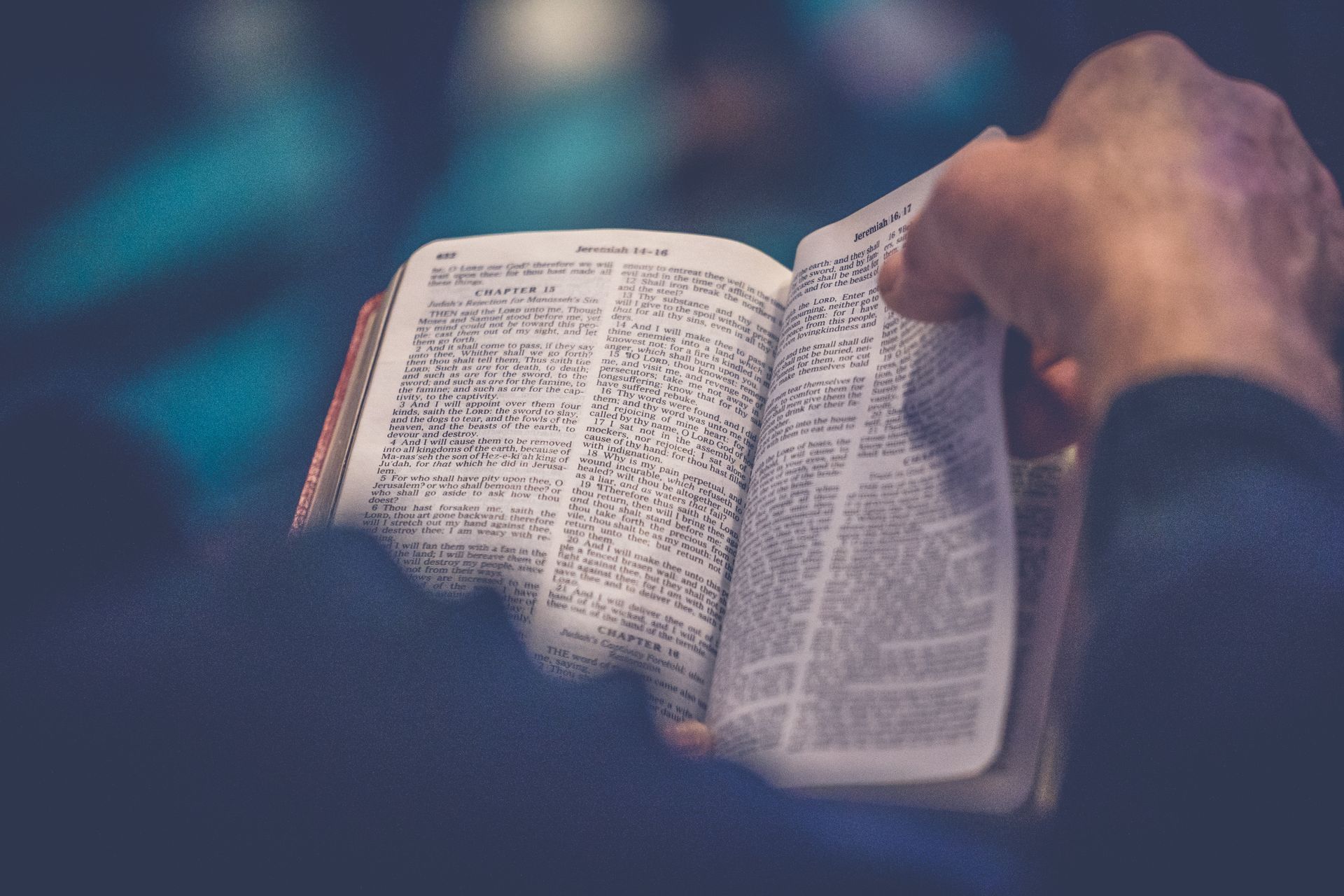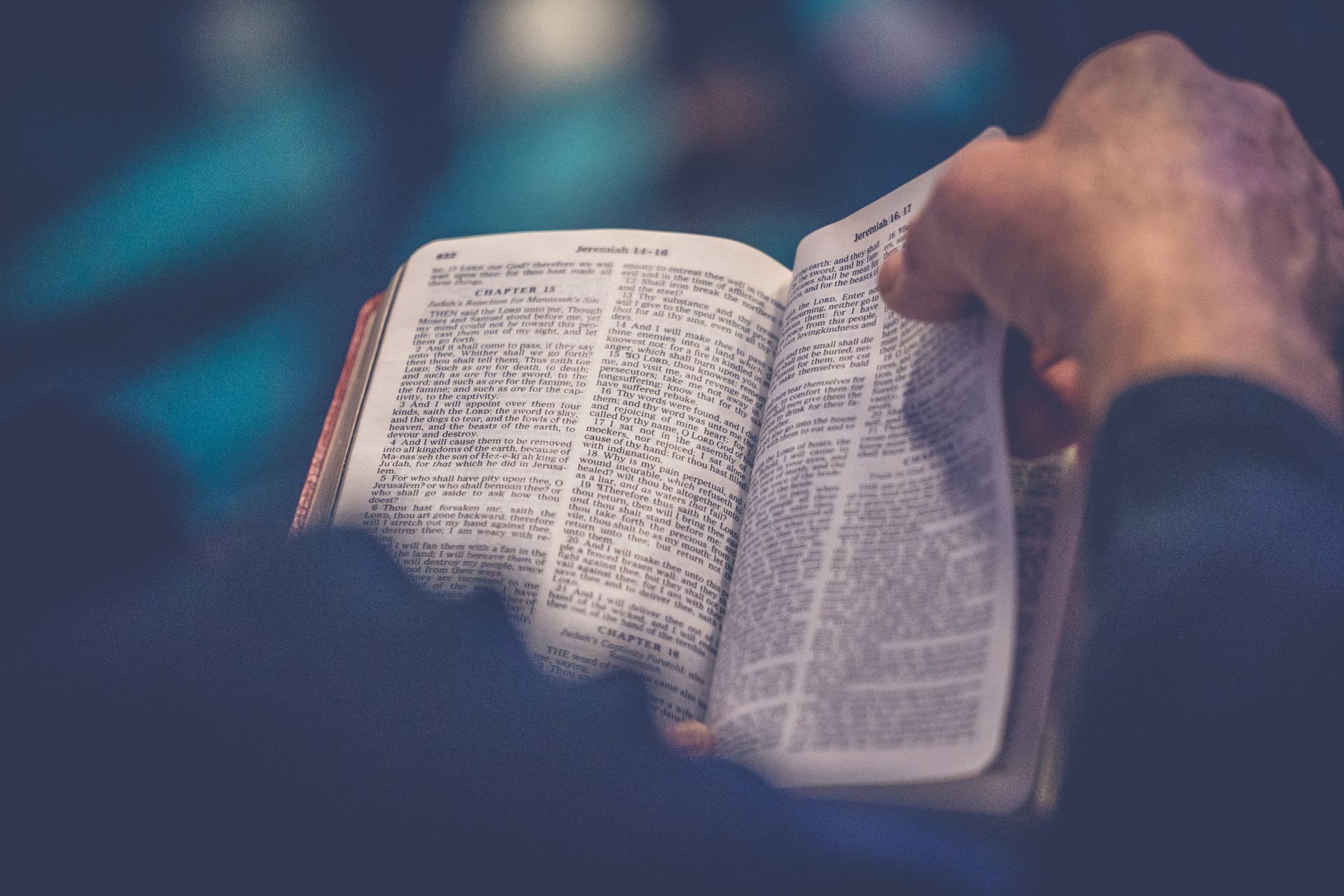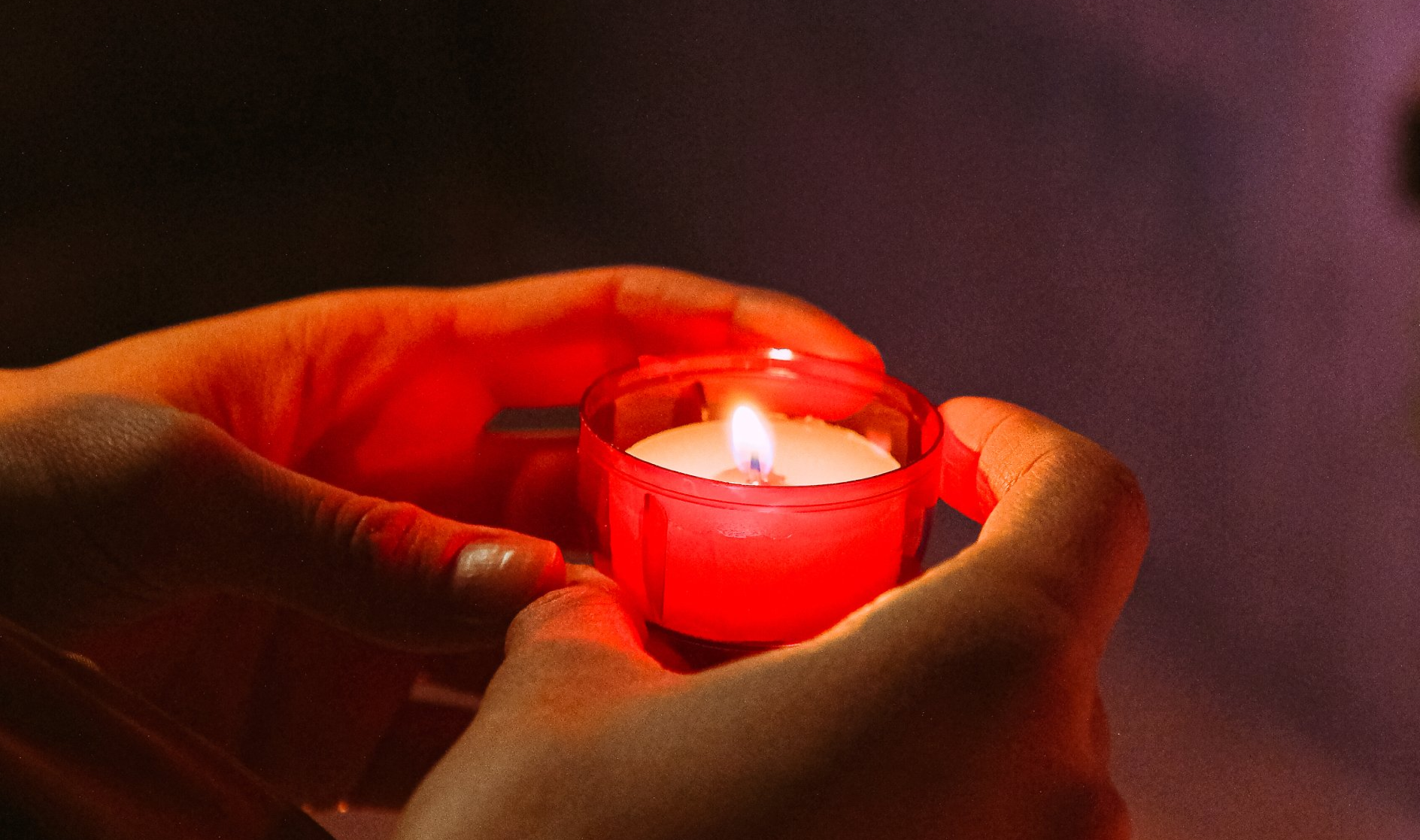Monday - March 27,2023
SCRIPTURE
Acts 10: 27
While talking with Cornellius, Peter went inside and found a large gathering of people. He said to them: “You are well aware that it is against our law for a Jew to associate with or visit a Gentile. But God has shown me that I should not call anyone impure or unclean.”
WORDS OF HOPE
In my years as a youth minister, I was a prolific purchaser of youth ministry curriculum. With Sunday morning, Sunday evening and Wednesday night programming to fill, I needed lots of lesson plans for Middle School, High School, and even College programs. If the curriculum had a catchy title or came from a reputable publisher, I was nabbing those things up, copying the worksheets, and getting down to business.
After a few years, there came a point where I found myself wandering away from teaching prescriptive, pre-packaged curriculum. Sometimes, they were helpful for working on a theme or developing ideas. However, the course usually led students to land on a specific teaching point without nuance or context.
My experience back then was that reading the Bible usually ends up asking more questions than it answers. And given the curious nature of pre-teens and teens, what they needed wasn’t prescriptive answers. They needed to develop the skill of reading the Bible for context and content from their own perspective. One colleague said: We need to spend less time reading the Bible and spend more energy on figuring out how the Bible is reading us.
Eventually, I started a Wednesday night program called “Questioning the Answers”. The kids called it QTA. Participants were given some context to the setting of the narrative and then different voices in the group read the Biblical story. And then, we just talked. No clever games, no talking points, no worksheets, and no end direction. Literally, we made room for the Spirit to come into the space and speak.
In the 10th chapter of Acts, Peter had his own “Questioning the Answers” moment. Peter sees a vision from God that runs against the prescriptive lessons he learned as an observant Jew. Peter then objects to what God offers in the vision, saying that what God offers is unclean and he can have no part of it. God answers with the words “Do not call anything impure that God has made clean”, reminding Peter that God is bigger than the rules that have been taught to him.
As the story continues, Peter is brought to a house of ‘unclean’ people to preach and baptize. Peter says to them: “You are well aware that it is against our law for a Jew to associate with or visit a Gentile. But God has shown me that I should not call anyone impure or unclean.”
We are wise to listen to people who teach, write, preach, and present. Those who have taught us in the past deserve the respect and admiration of a grateful heart.
Additionally, it is also wise to read and listen with a discerning ear, seeking the leading of Spirit to take you to a conclusion or an idea that might not have been what you’ve heard and considered before.
Question the Answers, my friends. Keep seeking. Keep listening for the Holy Spirit.
PRAYER
May we, by our prayers and study, come to know the mind of God. Amen.
DEVOTION AUTHOR
Thomas Riggs
Need Some Inspiration? Read our Daily Devotions






